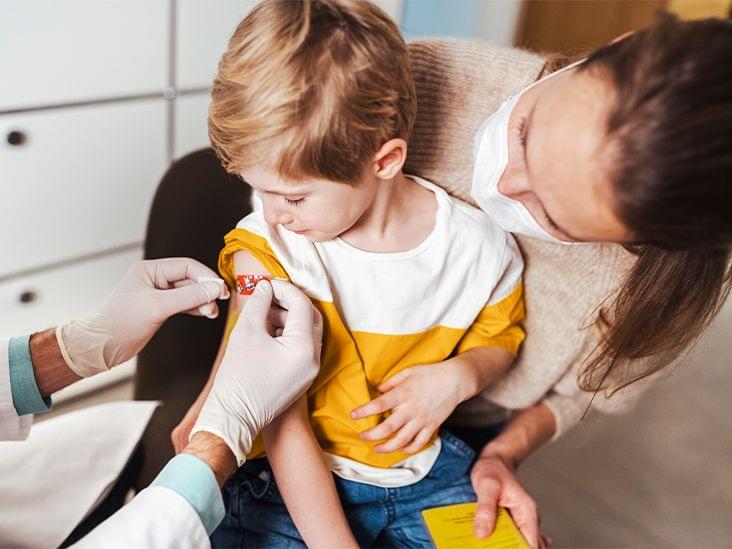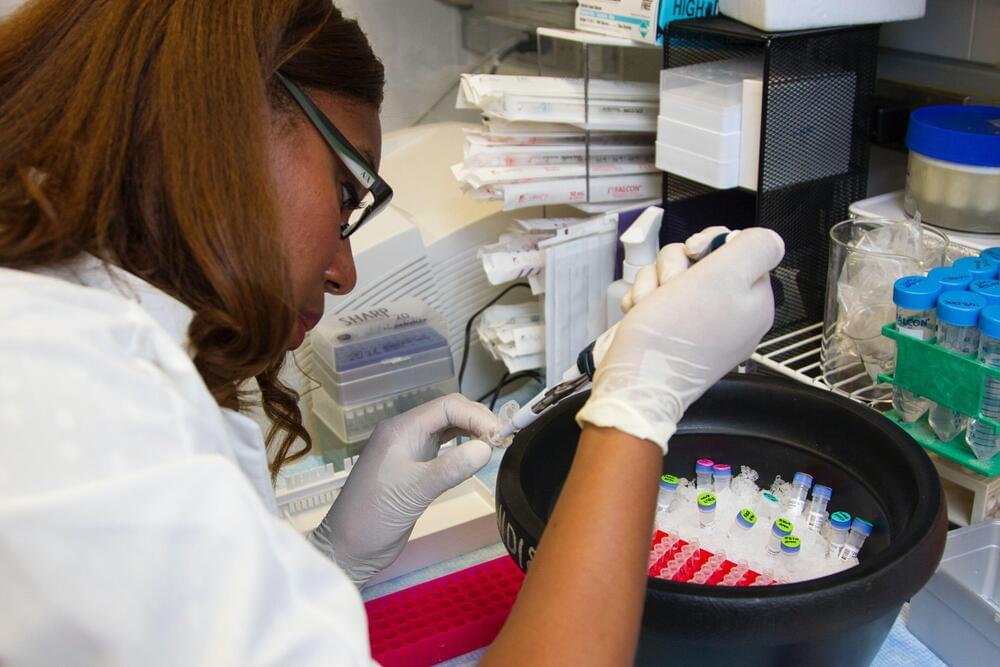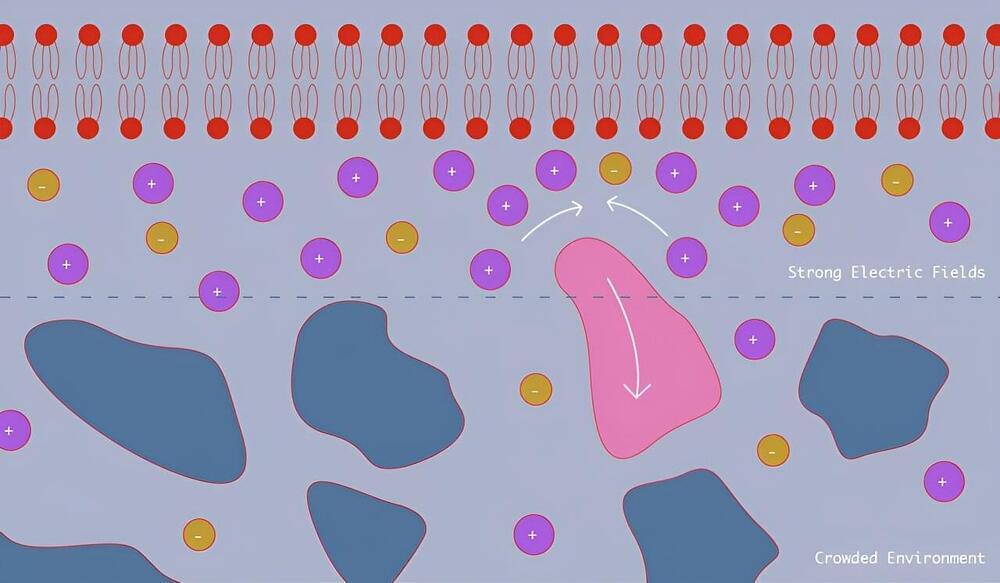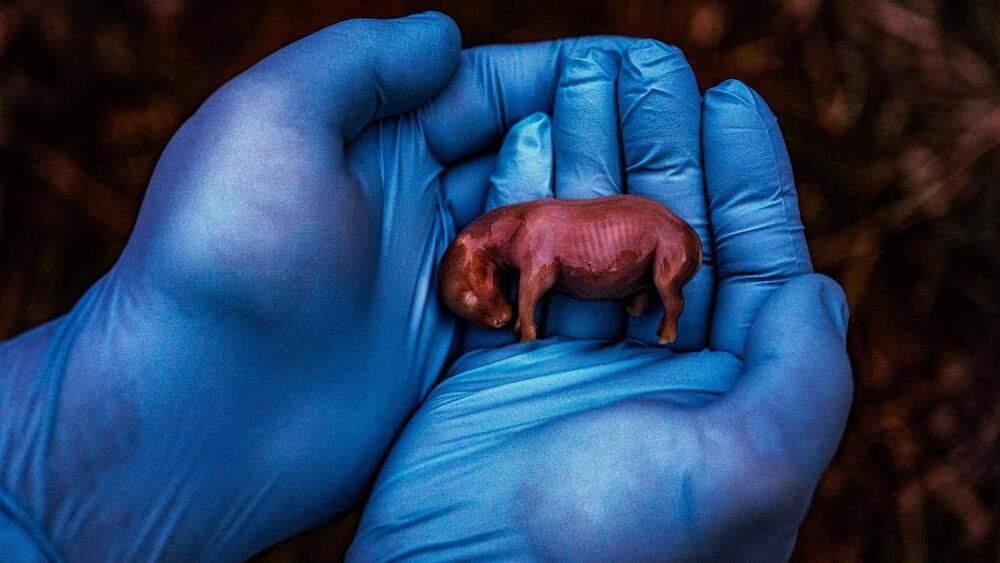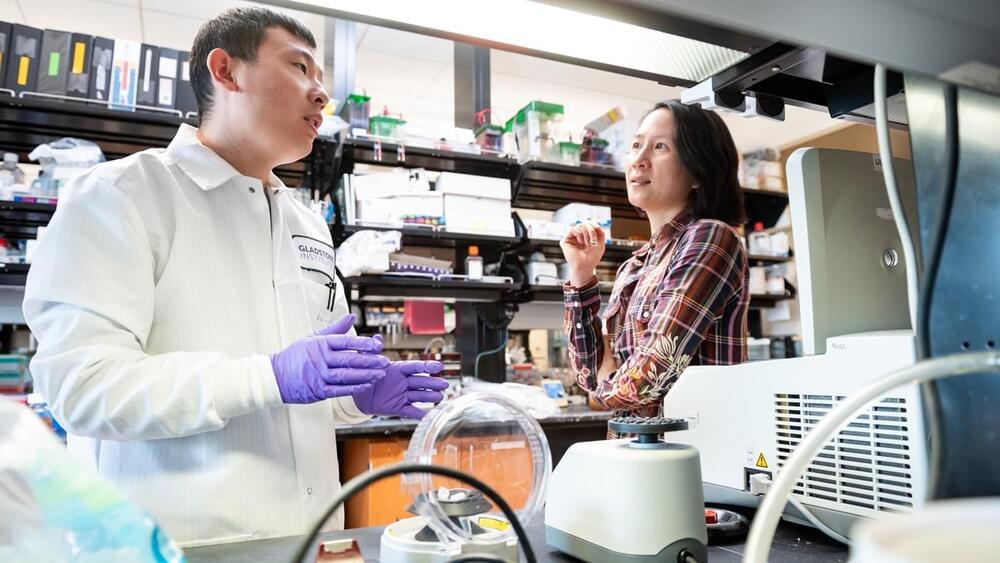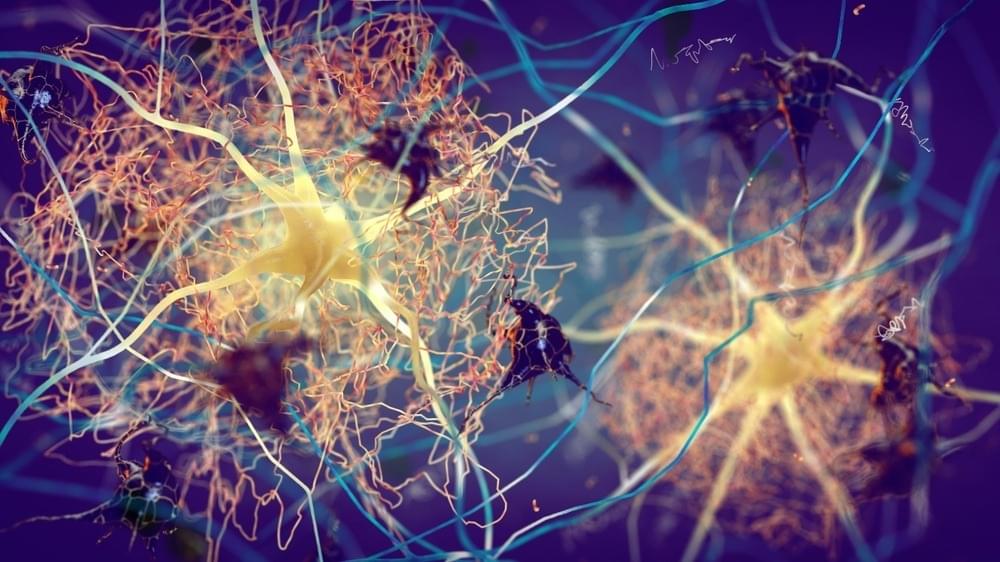Jan 24, 2024
Measles Outbreaks Reported in Multiple States: What to Know
Posted by Genevieve Klien in category: biotech/medical
“Measles is extremely contagious and there has been an increase in measles cases around the world (with a million more measles cases reported in 2022 than 2021 by the WHO) due to setbacks in measles vaccination rates during the COVID-19 pandemic,” Dr. Monica Gandhi, MPH, a professor of medicine at the University of California San Francisco’s Division of HIV, Infectious Diseases, and Global Medicine, told Healthline. “Members of the public are at risk if they have not been vaccinated (which usually happens in childhood) so the larger population need not be concerned if vaccinations are kept up to date.”
In the last half of 2023, there were more than 20,000 cases of measles in Yemen, the country with the leading outbreak. This is an indicator that without widespread immunity or vaccination, the virus can spread widely, Dr. Tina Tan, an attending physician at Division of Infectious Diseases at the Ann & Robert H. Lurie Children’s Hospital of Chicago, told Healthline.
“There are multiple countries around the world where measles is endemic and circulates widely in the community,” Tan said. “With international travel on the increase, unimmunized individuals are getting exposed to measles in the foreign countries that they are visiting, they are getting sick and exposing unimmunized, under immunized and persons that are too young to be immunized or who are unable to be immunized for medical reasons to measles. This has been reported on a number of occasions where exposure is occurring on airplanes, in airports or in the unimmunized person’s community.”
